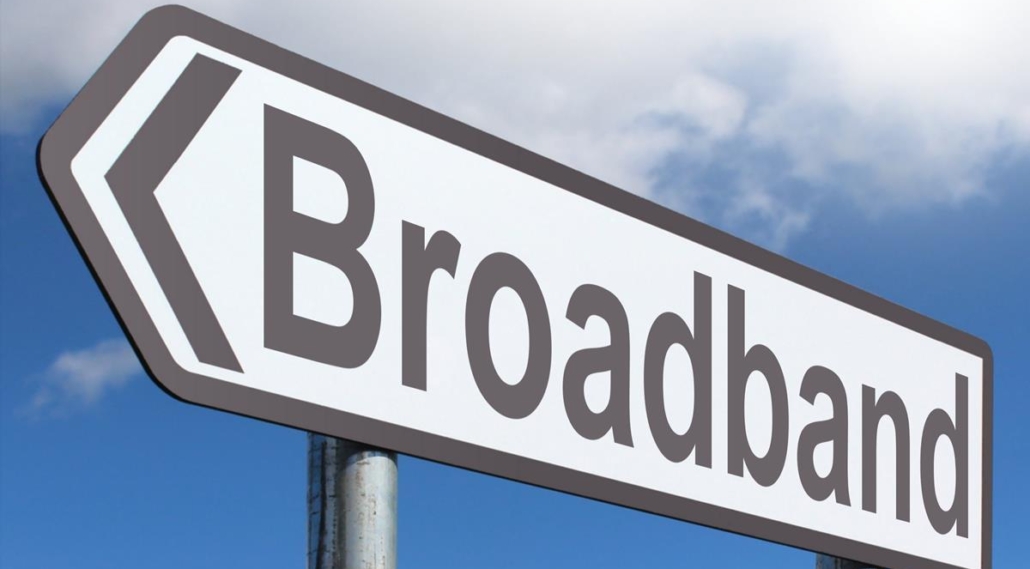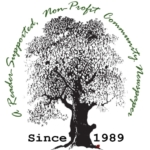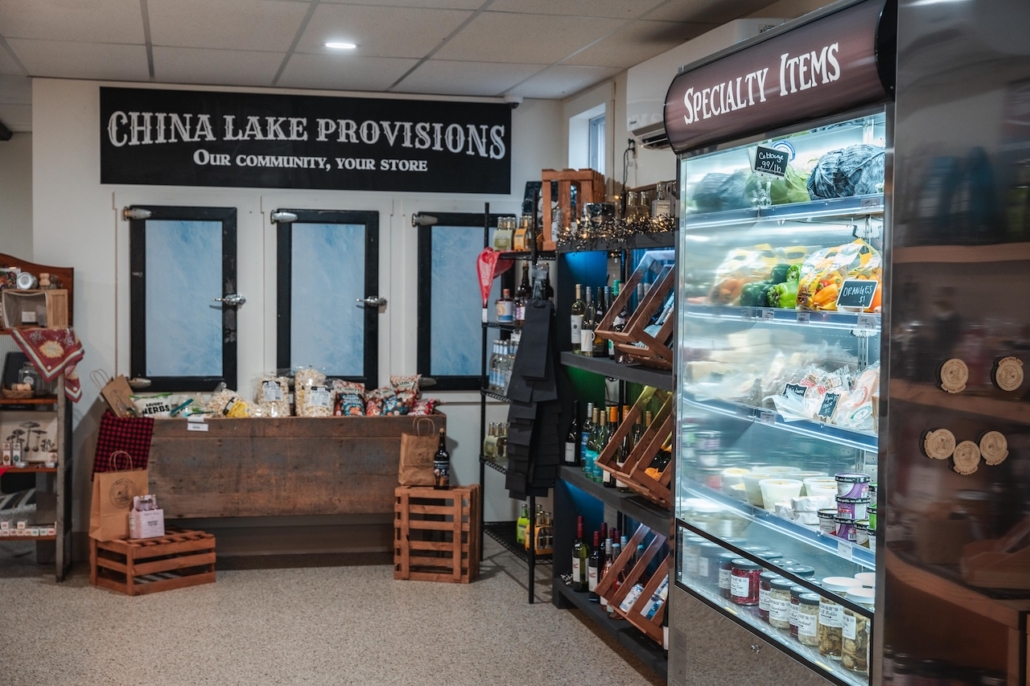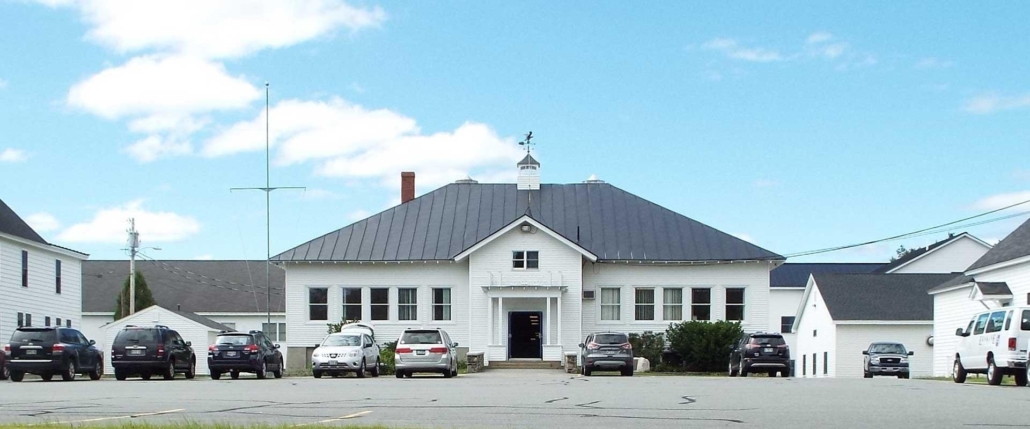China Broadband Committee members return to grant application
 by Mary Grow
by Mary Grow
At their June 3 meeting, China Broadband Committee (CBC) members returned to their application for a ConnectMe planning grant for expanded and improved broadband service. They also reviewed a more definite – but still with uncertainties – financial model for their project (see the June 3 issue of The Town Line, p. 3).
The ConnectMe grant was filed May 27. State officials replied, not just to the CBC but to all applicants, with a request for more information on two topics, with a deadline of noon on Friday, June 4.
CBC Chairman Robert O’Connor put the application on the CBC’s document-sharing site so members could work on it and offered to call ConnectMe the morning of June 4 to clarify what was needed. A revised application was filed and acknowledged; committee members expect to hear before the end of June whether China will receive $7,500 (to be matched by $2,500 in town funds).
The first major planning issue is a survey of telephone poles, unserved houses and other factors that will affect the cost of building new broadband infrastructure. CBC members intend to have Hawkeye Connections, Inc., based in Poland, Maine, do the survey (and if the plan comes to fruition, the construction).
Consultant Mark Van Loan, of Bangor-based Mission Broadband, said he and Mark Ouellette, President of Axiom Technologies, of Machias, developed the revised financial model. Like prior ones, it is based on estimated construction costs.
If the construction costs are close to accurate, the model sees China borrowing $4.8 million for 20 years to build out the system. Assuming 35 percent of year-round residents and 40 percent of seasonal residents sign up initially, a program offering four levels of service could have a $55 monthly fee for the lowest tier.
The plan would additionally provide two levels of business service. Ouellette, whose company is the CBC’s choice for providing broadband, expects most small businesses would be able to sign up for the less expensive residential service.
The most expensive tier, at $200 a month, offers gig over gig (one gigabit upload, one gigabit download) for households with a lot of devices and/or users. Ouellette thinks the offering is underpriced.
“Most of the world – not Maine, the world – can’t get a gig,” he said.
If the model’s assumptions are close to accurate and the proposed fee schedule is adopted, broadband service would run a deficit for not more than the first three years. After that, it would return an annual profit to the town over the life of the bond. Once the bond was paid off, the town’s share of the revenue would be larger.
Ouellette is confident that when residents start using Axiom, their satisfaction will lead to more customers and increasing revenue. The model does not include grant money, which committee members think is a definite possibility beyond the planning stage.
The model builds in a 25 percent profit for Axiom – but, Ouellette said, the company will be taking all the risks of providing and maintaining broadband service, and a bad year with hurricanes and ice storms taking down lines and poles would be expensive.
CBC members accepted the model, by consensus, as their working document.
They scheduled their next meeting for 4:30 p.m. Thursday, June 10. By then they should know whether China town meeting voters approved the revised Tax Increment Financing (TIF) plan, which includes funding for some aspects of broadband service.
Committee urges people to take computer speed test
ConnectMe officials and China Broadband Committee members urge people using computers to take the speed test, to see how much service they have. Speed test results help define areas that do not have adequate broadband service by state or federal definitions. The web addresses for taking speed tests are https://www.mainebroadbandcoalition.org/ or https://www.mainebroadbandcoalition.org/speed-test-info.
The site provides instructions and offers a link to a map showing area test results. China has numerous red dots indicating limited service.
Responsible journalism is hard work!
It is also expensive!
If you enjoy reading The Town Line and the good news we bring you each week, would you consider a donation to help us continue the work we’re doing?
The Town Line is a 501(c)(3) nonprofit private foundation, and all donations are tax deductible under the Internal Revenue Service code.
To help, please visit our online donation page or mail a check payable to The Town Line, PO Box 89, South China, ME 04358. Your contribution is appreciated!





Leave a Reply
Want to join the discussion?Feel free to contribute!